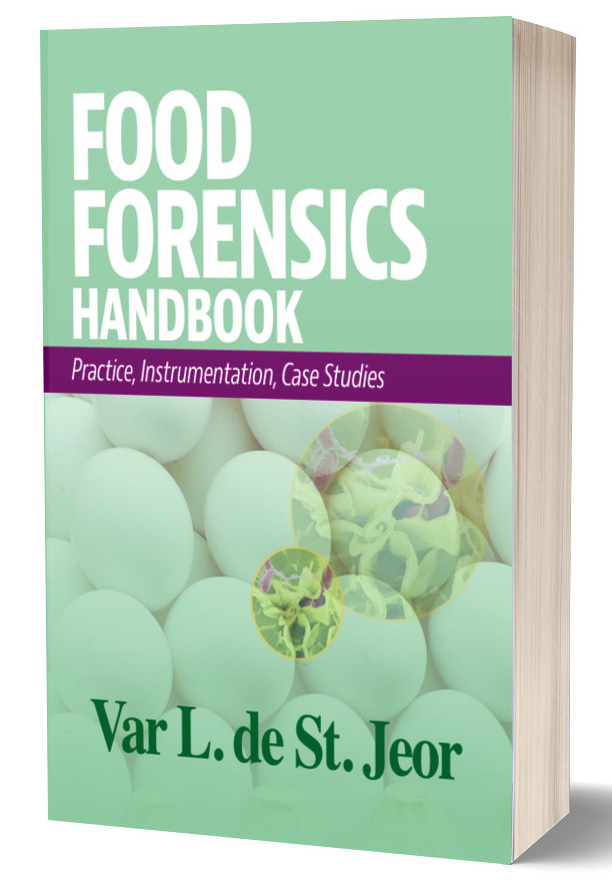Study Shows Ability of MDR E. Coli Strain to Outcompete Other E. Coli Strains in Gut

Image credit: we-o_rd35mztf9zmutq68q via Pixabay
A study led by scientists at the University of Birmingham has found that one multidrug-resistant (MDR) strain of Escherichia coli—MDR ST131—has the ability to outcompete other strains of E. coli in a healthy gut. The researchers conducted the study with the goal of getting a better understanding of how antimicrobial resistance (AMR) develops, which is one of the greatest global threats to public health, according to the World Health Organization (WHO).
For the study, the researchers first demonstrated the ability of both MDR E. coli and antimicrobially susceptible E. coli to colonize mammalian guts. Next, the MDR strain was introduced to the gut of a mouse that already had an established E. coli strain within it, and the researchers observed the MDR strain’s ability to easily displace the resident strain.
The researchers’ findings provide evidence for why certain types of E. coli are more prone to developing AMR than others.
Looking for a reprint of this article?
From high-res PDFs to custom plaques, order your copy today!







